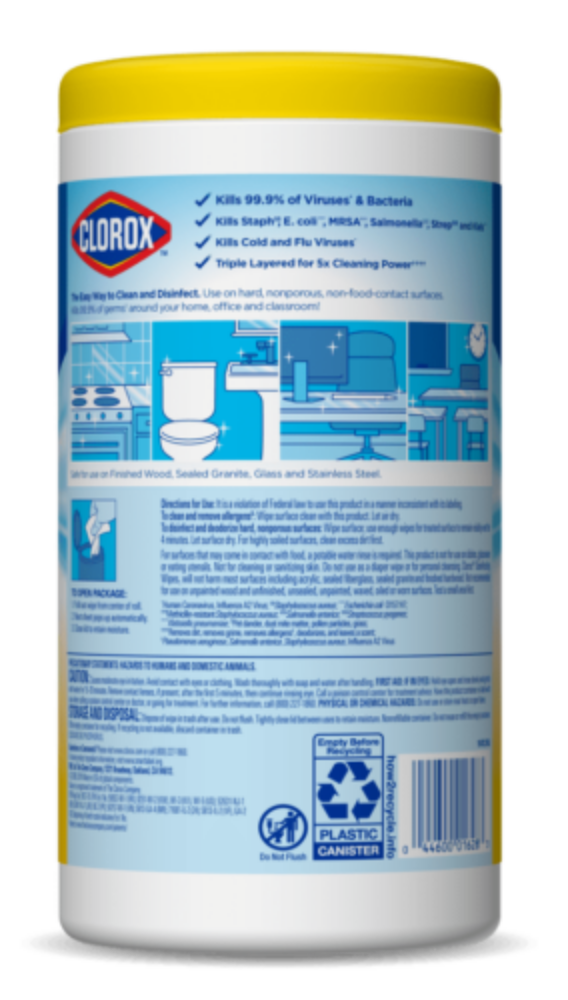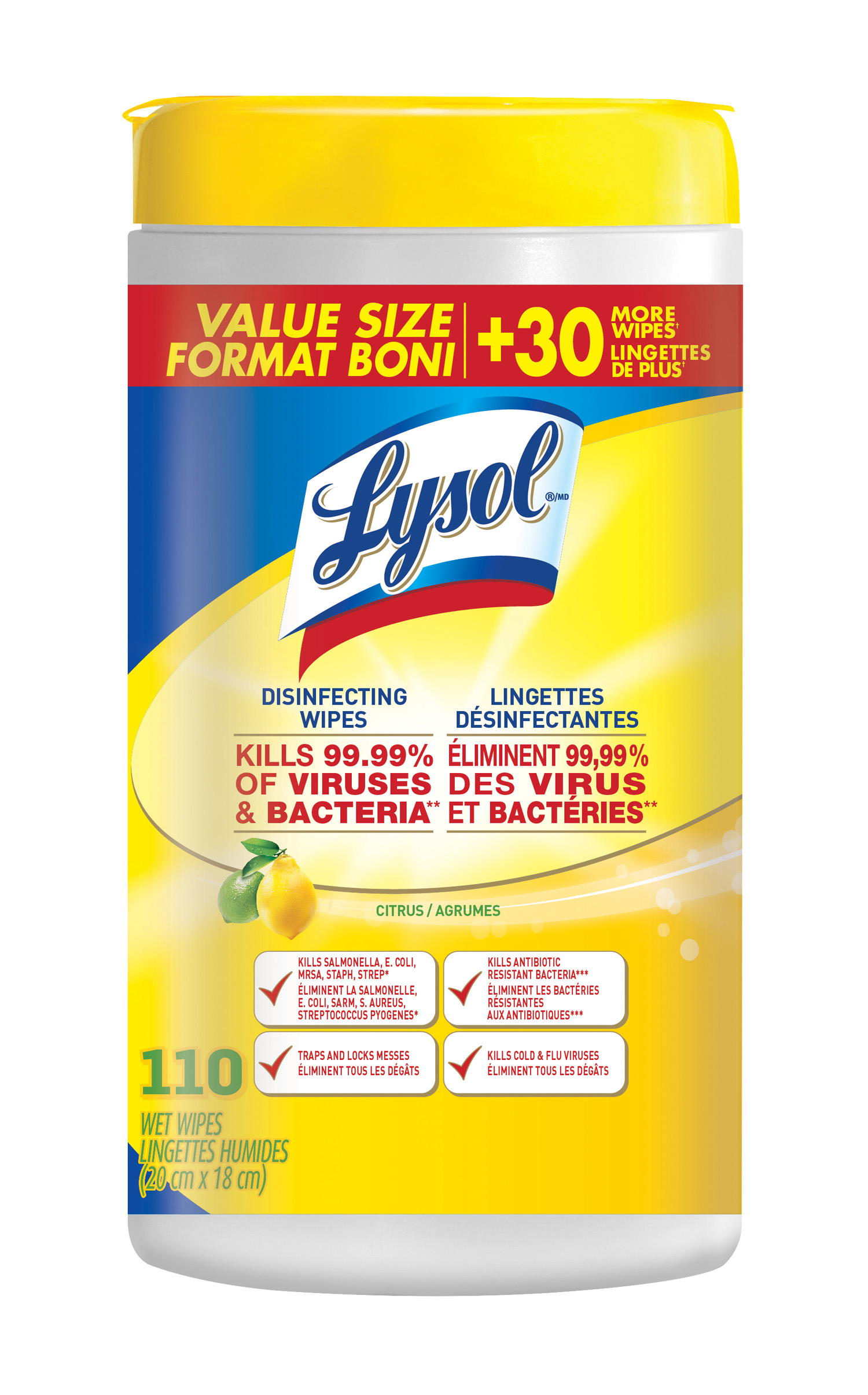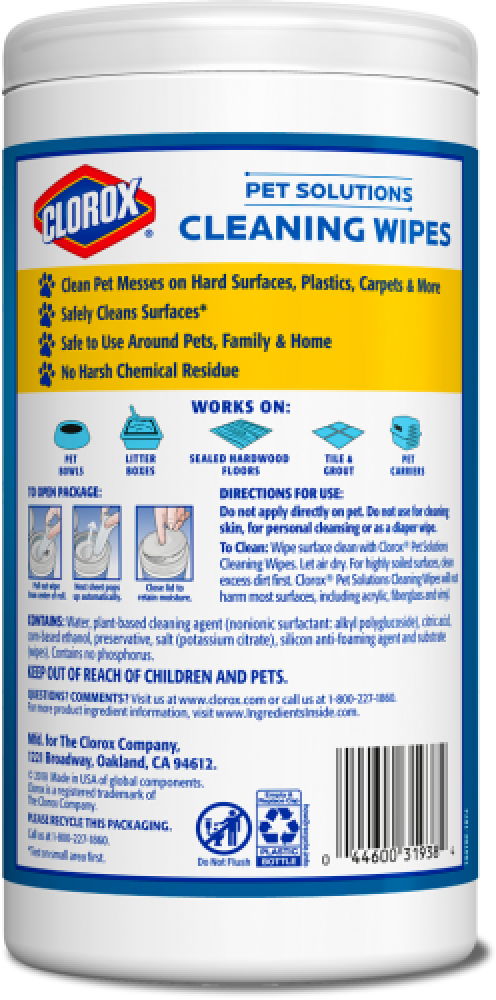Is Lysol Wipes Toxic To Cats

Are lysol wipes toxic to cats.
Is lysol wipes toxic to cats. In both its natural and synthetic form it s toxic to mammals particularly cats who lack the ability to clean it out of their bloodstream. Cats get phenol poisoning from chewing on or ingesting phenol containing products as well as via topical exposure that is through the skin or fumes. You would have to read the product label to determine what is in the new lysol. In a nutshell while each and every one of the lysol brand of products bears in depth research before using in a home with pets breaking down the ingredients for one particular lysol product shows that based on the ingredient list safety data sheet and strictly used as directed lysol daily cleanser is safe to use around pets.
Yes lysol wipes contain phenol chloroxylenol. Chloride often occurs not by drinking any of the products. Some of the brands with bac include lysol ic from reckitt and benckiser inc products especially the disinfectant sprays and mist disinfecting wipes multipurpose cleaners bathroom cleaners and laundry products. It is a fact that benzalkonium chloride is toxic to cats.
Confirm the ingredients in the brand you are using and call the apcc or your veterinarian if your pet ingests some of the sealer. Thank you for reaching out to us it is true that phenol containing cleaners can be toxic to cats and their use is not recommended. Many of these products will have the suffix sol in the name but when in doubt it is a good idea to read the ingredient list and the safety data sheet available online. Lysol products found in the united states do not typically contain phenols but to be on the safe side always check the ingedients label.
Glen 20 spray contains ethanol which the cat may inhale if the product is used in close proximity to the cat and can also cause irritation to the eyes. Is glen 20 safe to spray around cats. Alkaline products like cationic detergents can cause drooling vomiting oral and esophageal ulcers. Is the product contains phenols these can be very toxic to cats if inhaled or ingested and can even cause death if the most extreme cases.















